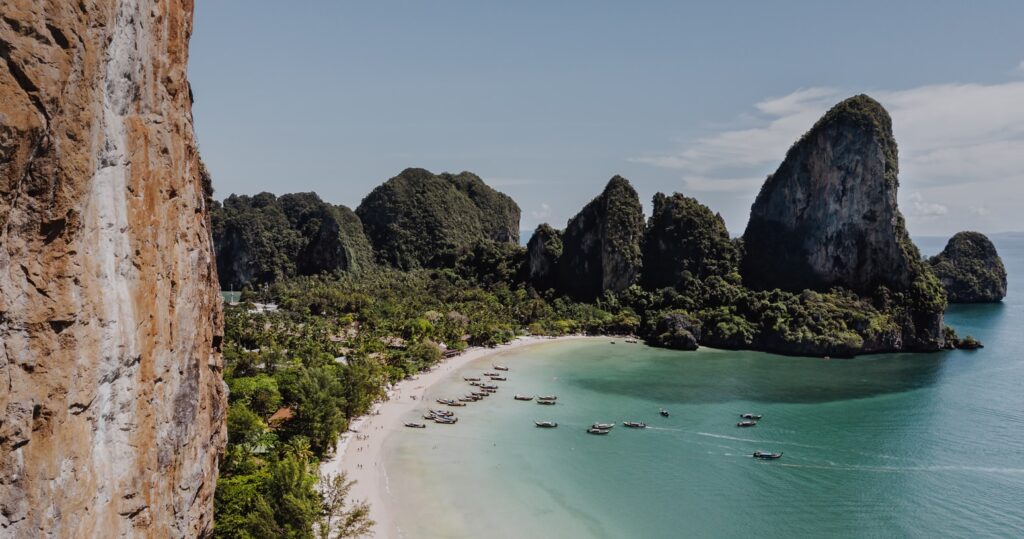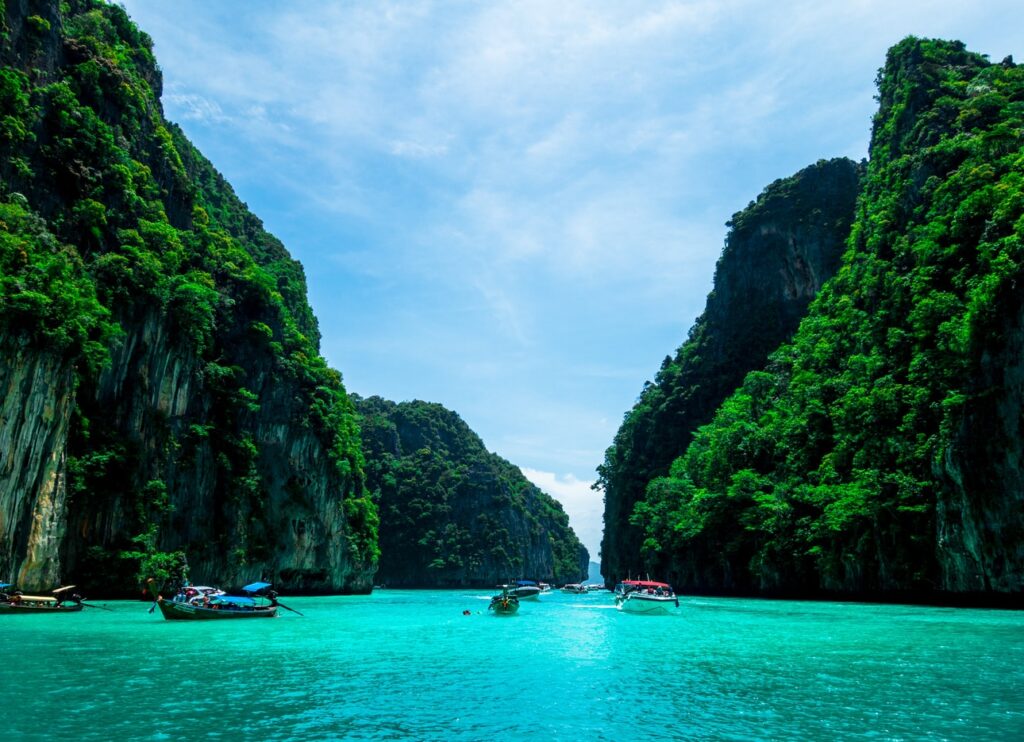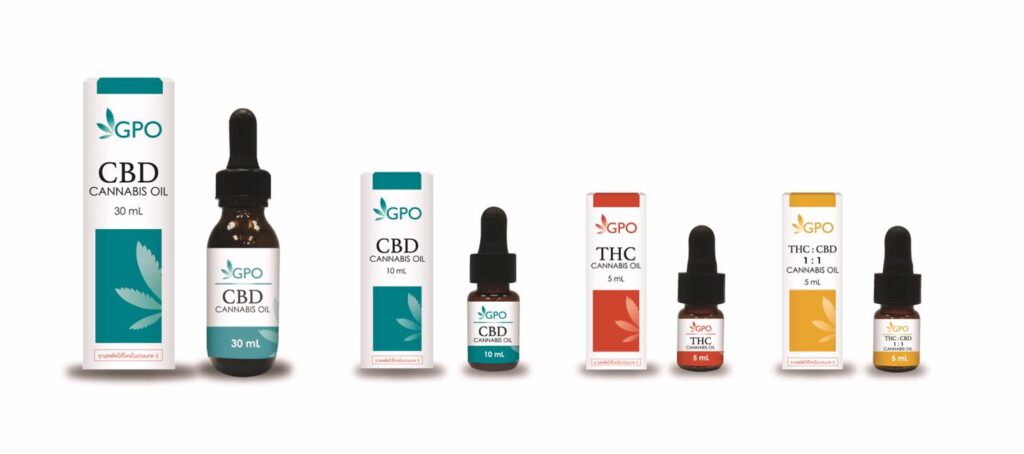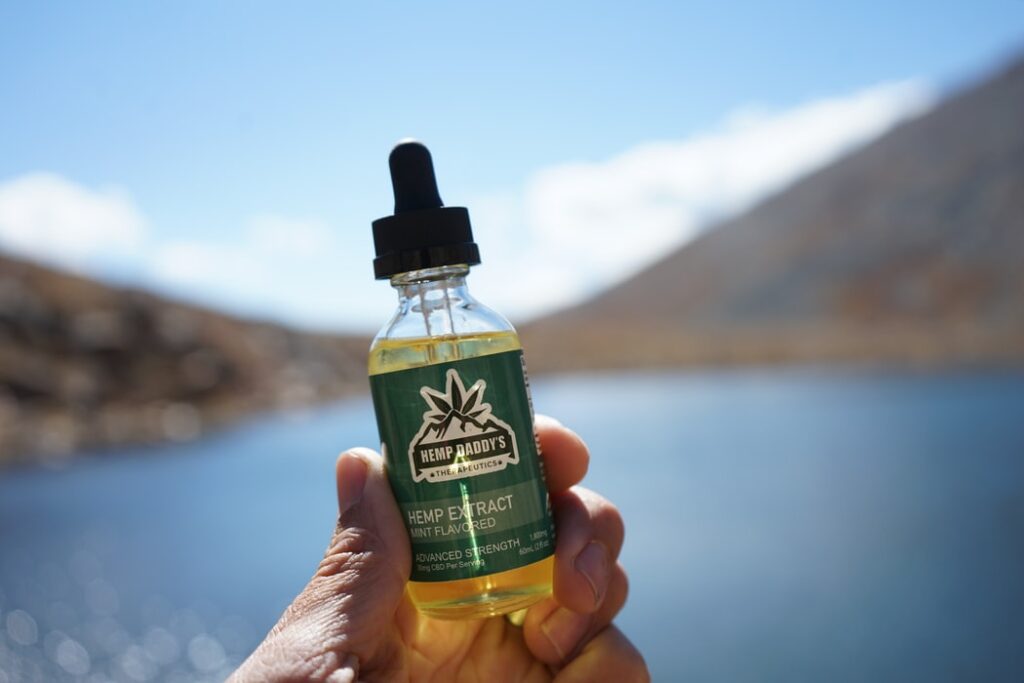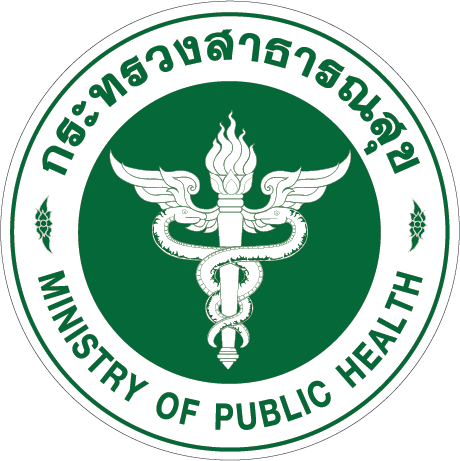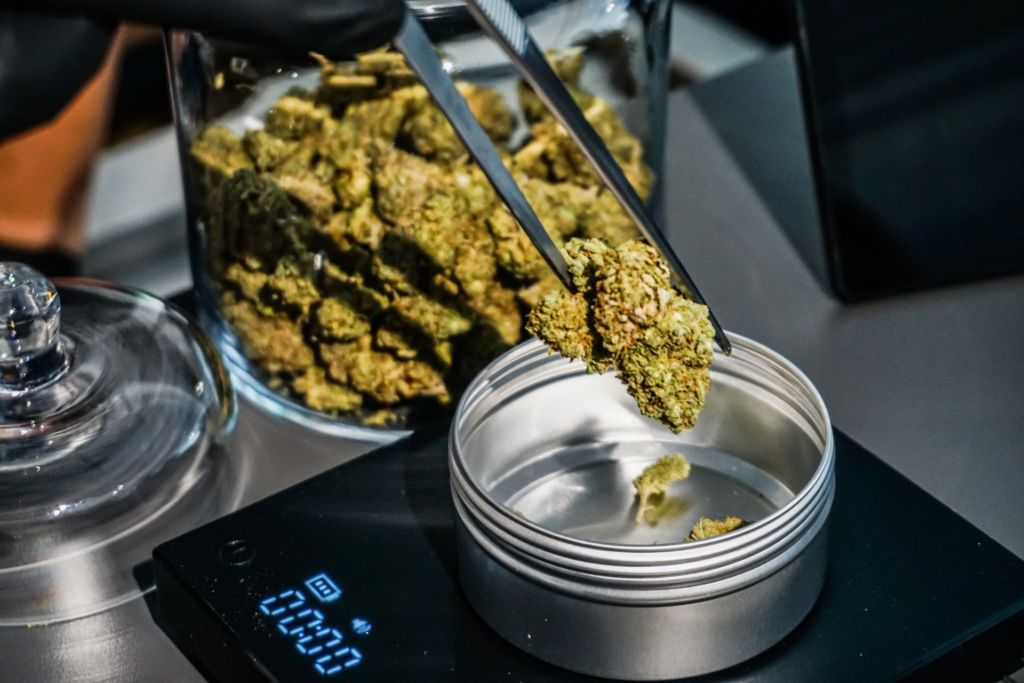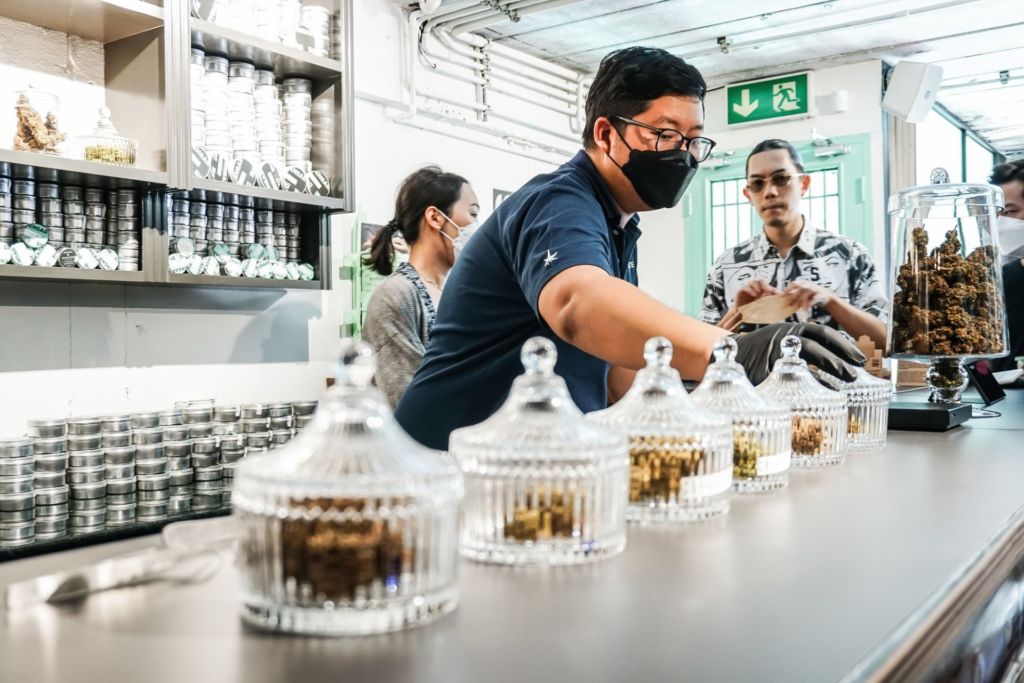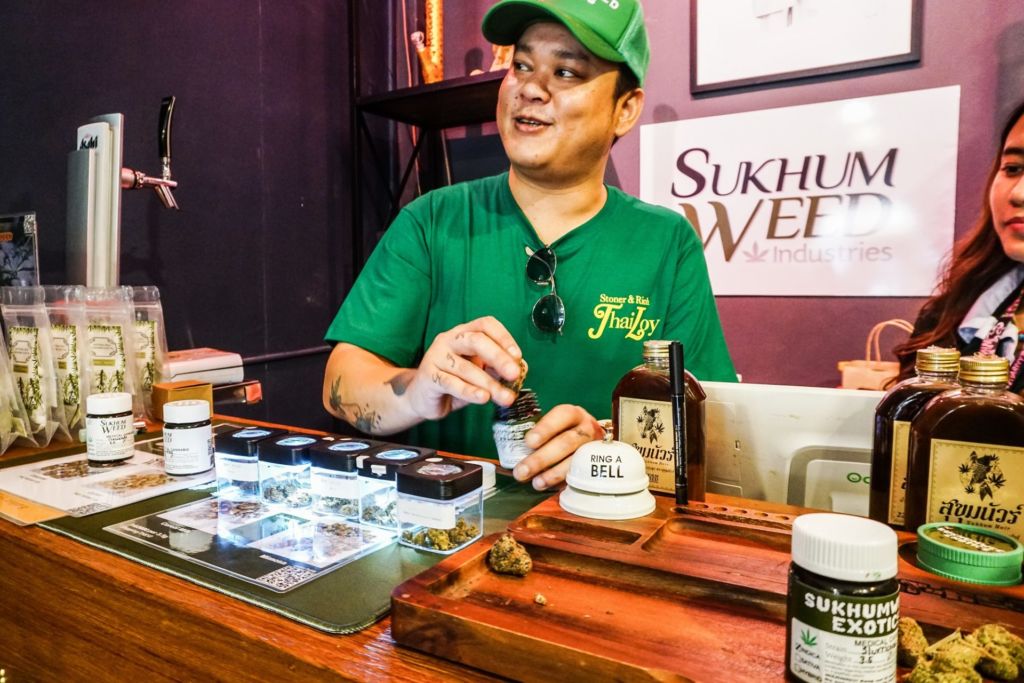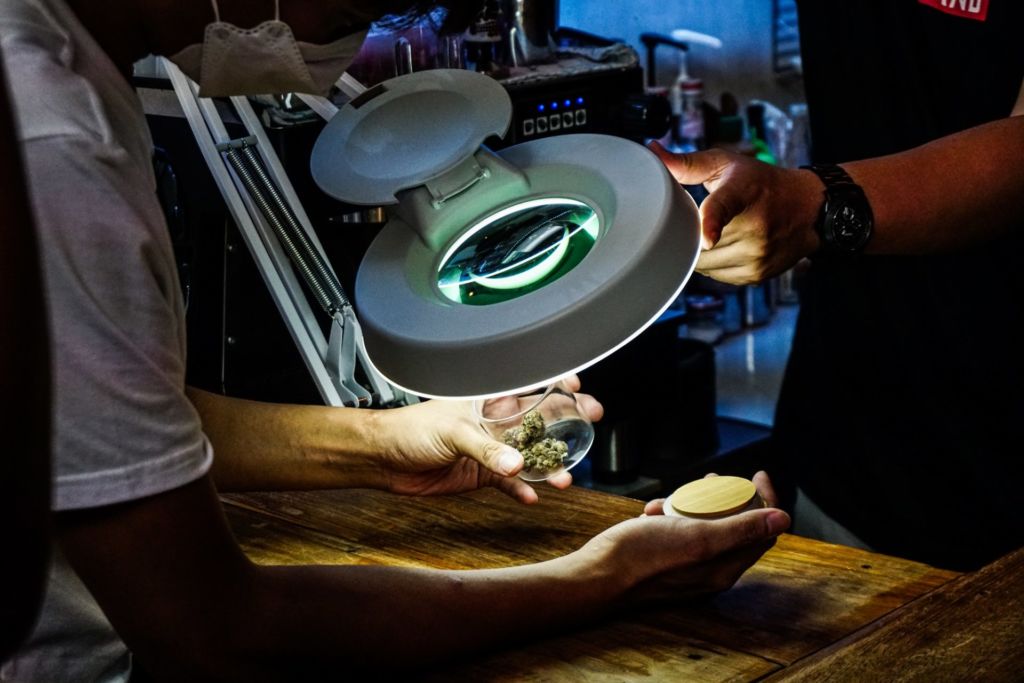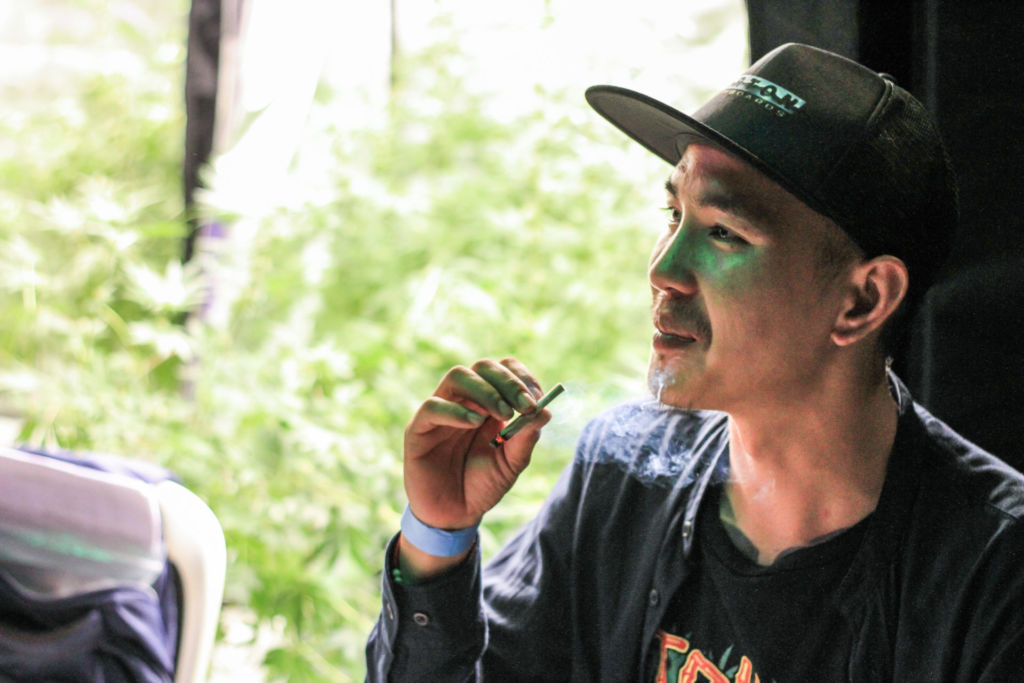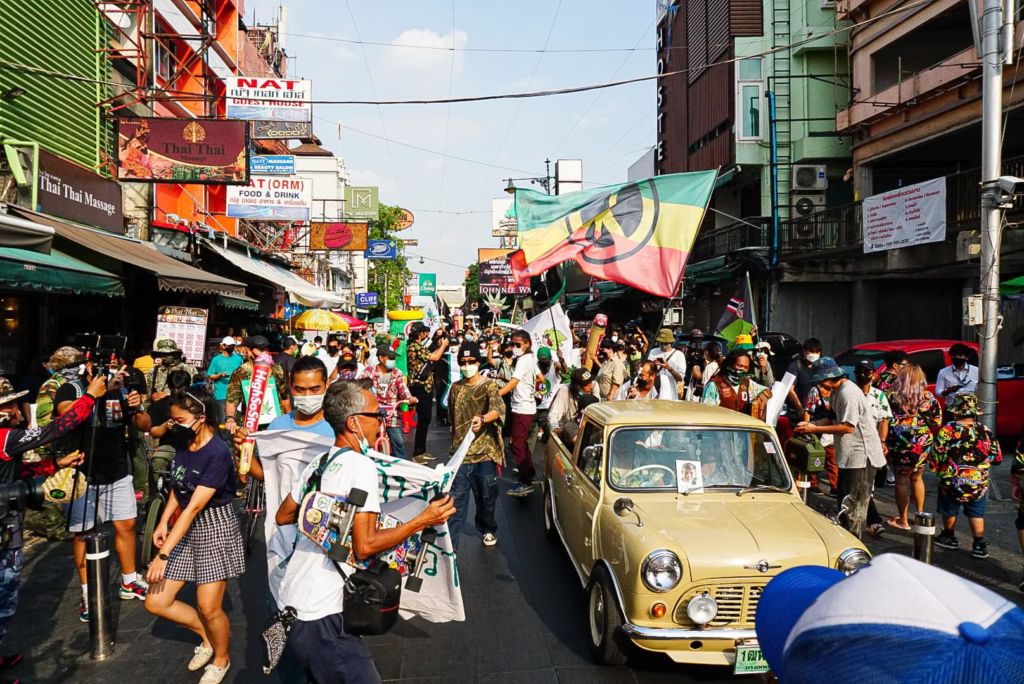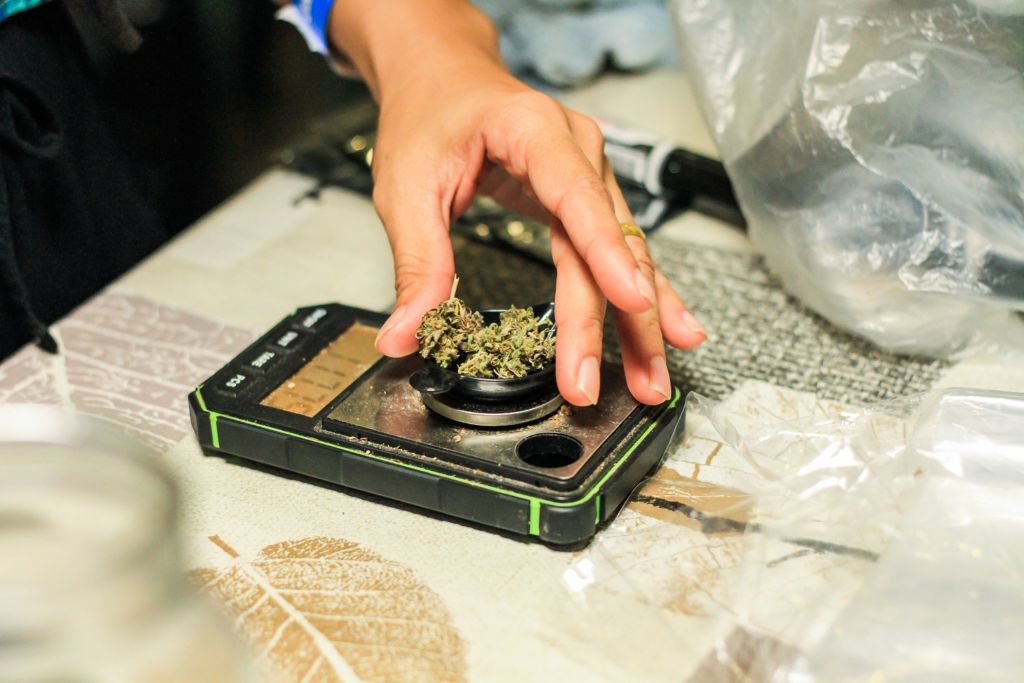Many Countries around the globe are moving forward towards legalizing the growth and the Consumption of Cannabis. Thailand became one of these Countries after approving the Legalization of Growing Cannabis with Specific Standards and Regulations. The Country is Considered to be the First in South East Asia to legalize Growing Cannabis for Medical Purposes . It will also Launch Cannabis Tours Programs for International and Domestic Tourism.
Provinces where it’s Legal to Grow Cannabis
The Government has Legalized Growing Cannabis in only 8 Provinces around the Country. These Provinces are: Mae Hong Son, Lampang, Samut Songkhram, Sakon Nakhon, Nakhon Ratchasima, Buri Ram, Phatthalung and Chon Buri.

How Cannabis Will be Consumed and Grown in Thailand?
Only Authorized farms are allowed to Grow Cannabis under Specific Supervision from Authorities. To get the License to Grow Cannabis is a not that easy. The Owner Needs to go through some Tough Requirements. This include mainly the Farm itself, the Environment in which the Cannabis Will be Grown, How well Prepared the Place is,.. etc. In addition, The Farm Should have Pre Orders for Cannabis from Official Doctors.
Cannabis Products and Where to Get It From?
This Cannabis Will be used in manufacturing many End User Products Such as Food, Beverage, and Health & Wellness Products. This Includes the Following: Water, Tea, Coffee, Cookies, Yoghurt and Other Products as well.
Important to Know: Growing Cannabis For Using it in Manufacturing Products for Medical and F&B Purposes is Legal. However, Consuming it as a drug is Not Legal (Smoking Cannabis is Not Permitted).
Some may think when Hearing about legalizing the Cannabis in Thailand that It will be Sold in Coffeeshops around the country or in Some Stores Same as in some Countries like the USA or The Netherlands. But this is not what it will be Like in Thailand. The Cannabis will be used in Manufacturing End Products to enhance the Wellness and the health of People Consuming it.
You can Get The Cannabis Products either from the Farms Growing it, Or From a Cannabis Clinics. These Clinics are Starting to be more Popular day by Day in Thailand and More Franchises are being opened around the Country.

Yoghurt With Cannabis 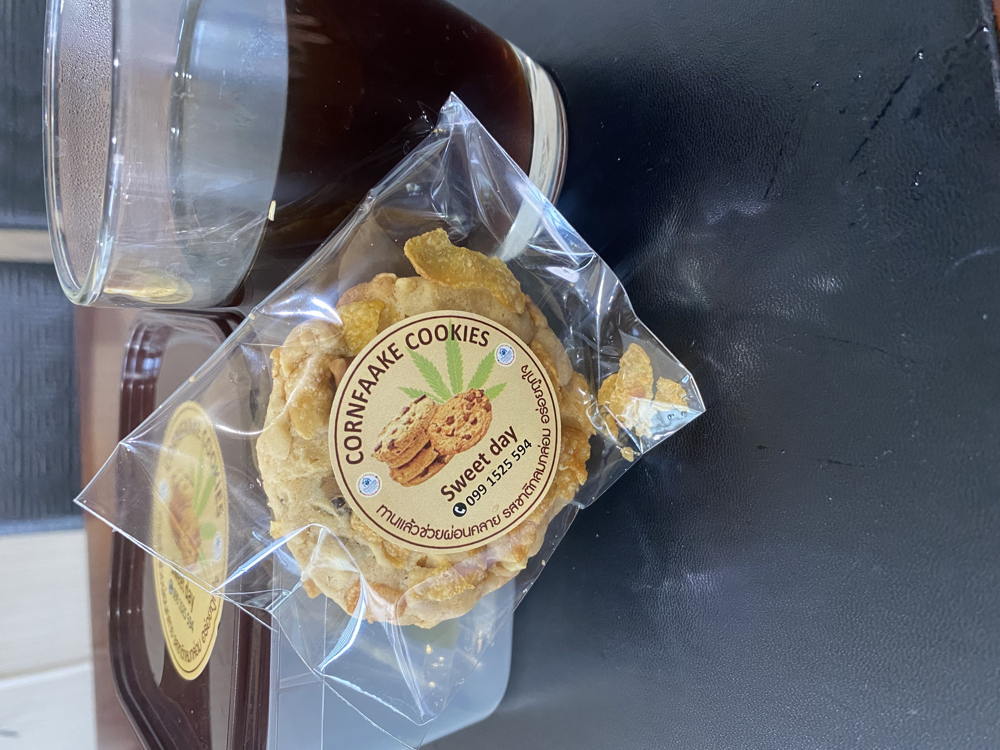
Cookies with Cannabis
Cannabis Clinics
The Cannabis Clinic is a place from Which You can Buy Cannabis Products Such As Food and Beverage Products, Medicines and Other Types of Products as well. In addition to That, You can Receive A Cannabis Treatment After going through Blood Test under the Supervision of Professional Doctors (Other Tests as well may Be required). And then they Can Recommend you to use The Types of Cannabis Treatment Suitable for Your case.
Treatments in The Cannabis Clinics can be used for Pain in the Bones, Skin Problems, Sleeping issues, and many other things as well.
Cannabis Tourism in Thailand
For the Tourism side, Authorities are expecting that Cannabis Tourism will become a trend when the Tourism rebound after the COVID 19 Pandemic. Cannabis Tours in Thailand will be Similar to the Wine Tours in European Countries. It will consist of visiting cannabis Farms, having a tour with a Guide who explains how to grow the best Quality cannabis and give some similar information. After that Guests will be able to purchase the Cannabis Based Products created for health & Wellness, and Food & Beverage Purposes.
Thailand's Marijuana laws have evolved dramatically in recent times. What was once considered an illegal drug, unsafe for society, is now legal, mostly.
Thailand approved the decriminalization of cannabis, agreeing that the Health Ministry drop cannabis from its list of controlled drugs.
Health Minister Anutin Charnvirakul signed an announcement removing the drug from Category 5 of the country’s list of narcotics, which is now in effect.
Previously regulated under the Narcotics Act, cannabis, or ganja (กัญชา – kancha), as it is known in Thailand, can be grown and sold and consumed.
There's still some uncertainty surrounding public use and how much can be grown. But from the buzz seen around the nation, it seems that cannabis is now fully open for personal and commercial use.
To help clarify some of the finer print, here's the answers to a number of common questions.
Is Marijuana Legal in Thailand?
Yes, but with some regulation.
It is legal to grow cannabis, but to do so you need permission.
Home growers must first tell the government via a website or smartphone app. Thus far, nearly 750,000 applications have been received from key growers.
Industrial and commercial marijuana growers must obtain a license from the Food and Drug Authority.
Cannabis can be used by restaurants. But the leaves and roots used in cooking must be supplied by FDA certified producers and the THC level must be less than 0.2%
You can also buy cookies and teas and other snacks in some stores, all infused with the sacred plant.
However, the over-arching rule in the consumption of cannabis is that the THC (Tetrahydrocannabinol) content must be less than 0.2%.
THC is the main psychoactive compound in cannabis that produces the feeling of being “stoned”.
This means that the products aren't very strong, and certainly not on a par with a hash brownie from an Amsterdam cafe.
That said, people don't appear to be sticking to that rule, and this is where the confusion lies. For example, the Highland Café in Bangkok is already selling buds over the counter, which look pretty potent to me!
Can I Smoke Cannabis in Thailand?
Yes, but smoking in public can still be considered a public nuisance, so it's important to remember this if Somchai offers you a joint at a party.
Those caught smoking in public being a “nuisance” can be subject to fines of up to 25,000 baht ($723) and prison terms of up to three months.
This seems a little contradictory, though, considering Thailand just released 3,000 prisoners previously convicted of cannabis offenses, and is set to release more.
Despite politicians claiming there are these restrictions, it appears there will be no effort to police what people can grow and smoke at home, aside from registering with the government and declaring it is for medical purposes.
If Marijuana is Not Illegal, How Can You Be Arrested for Smoking?
Good question, and this is currently unclear. Those who are familiar with the visa system in Thailand will know that this is how things work here.
When a new law is introduced it takes a while to iron out all of the areas overlooked in the development process and clarify what's allowed and what isn't, and why!
My advice, as a foreign national, is to let Thai people pave the way first. Sit back for a few months and wait for things to become clearer. Smoke at home, indoors for now.
What's the Punishment if You're Caught Smoking or Growing Without Permission?
As far as I know the following legal guidelines still apply, but whether they will be amended or enforced is unclear at this point.Production, importation or exportation: 2-15 years imprisonment and a fine of 200,000 – 1,500,000 Baht
Disposal or possession for the purpose of disposal: 2-10 years imprisonment or a fine of 40,000 – 200,000 Baht or both
Quantity over 10 kilograms: Penalty is increased to a maximum of 15 years and a fine of 200,000 – 1,500,000 Baht
Possession: Imprisonment not exceeding 5 years and or a fine not exceeding 100,000 Baht or both
Consumption: Imprisonment not exceeding 1 year and a fine of 100,000 – 1,000,000
Can I Get Prescription Cannabis in Thailand?
Yes. But note that the strength of medical cannabis in Thailand may be much weaker than you are used to back home in California or Amsterdam.
This has been one of the major complaints from those suffering with long-term illness who have historically relied on a blackmarket supply.
Users have been so disappointed with the strength of medical cannabis that many have returned to the blackmarket to get a more potent supply.
This was recently highlighted in a Vice documentary (see below).
Is There Going to Be a Cannabis Sandbox?
This has been proposed but just how seriously is not clear.
Supposedly there will be an area of Thailand designated to ganja enthusiasts.
You'll be able to spend your holiday smoking, eating, and drinking cannabis-based products until your heart's content. Whether you'll actually get stoned or not is a different matter, because all the product will need to be under 0.2% THC.
It would certainly be a novelty feeling, but I doubt it will rival the cafes of Amsterdam. I don't think it will happen, certainly not this year anyway.
In Summary
Thailand is the most progressive country in the region when it comes to cannabis growth and consumption, but you might want to wait a while before you walk down the street with a big doobie hanging out your mouth and smile at the local bobby.
Do expect to see cafes popping up, and pretty much every dish being advertised with cannabis as a special ingredient.
Will the 0.2% THC be policed? I doubt it. It would waste a lot of police time. Though it could be a good tea-money maker for the BIB.
Most travelers will just do what they've always done: pop along to one of the bars on Phi Phi or Koh Phangan and pick up a sealer bag of the good stuff and smoke away, while the bar pays the local police to turn a blind eye.







